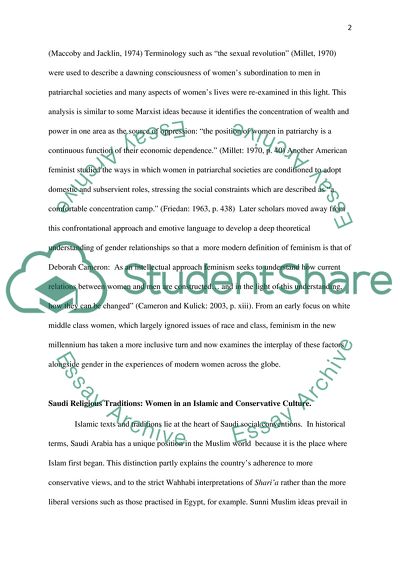Cite this document
(“The Success of Saudi Economic Policies According to Islamic Financing Literature review - 1”, n.d.)
The Success of Saudi Economic Policies According to Islamic Financing Literature review - 1. Retrieved from https://studentshare.org/finance-accounting/1749844-women-and-gendersaudi-arabia-lit-review
The Success of Saudi Economic Policies According to Islamic Financing Literature review - 1. Retrieved from https://studentshare.org/finance-accounting/1749844-women-and-gendersaudi-arabia-lit-review
(The Success of Saudi Economic Policies According to Islamic Financing Literature Review - 1)
The Success of Saudi Economic Policies According to Islamic Financing Literature Review - 1. https://studentshare.org/finance-accounting/1749844-women-and-gendersaudi-arabia-lit-review.
The Success of Saudi Economic Policies According to Islamic Financing Literature Review - 1. https://studentshare.org/finance-accounting/1749844-women-and-gendersaudi-arabia-lit-review.
“The Success of Saudi Economic Policies According to Islamic Financing Literature Review - 1”, n.d. https://studentshare.org/finance-accounting/1749844-women-and-gendersaudi-arabia-lit-review.


